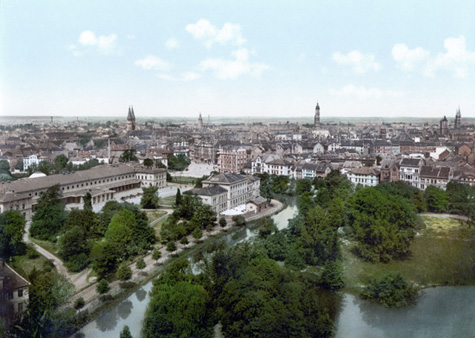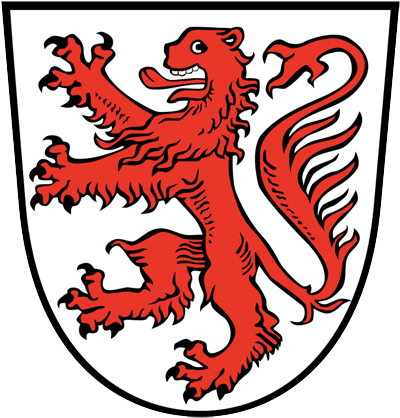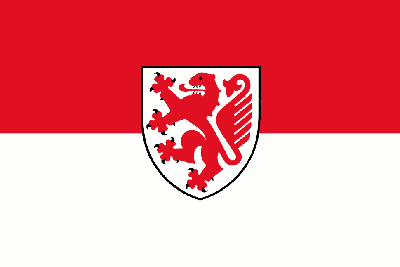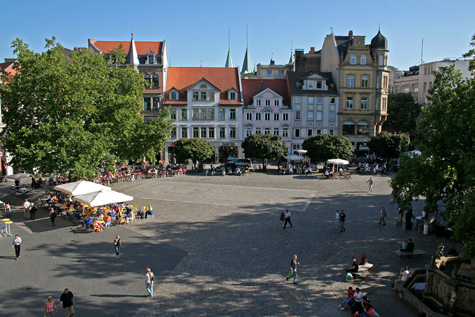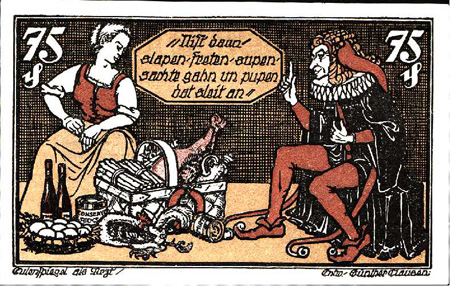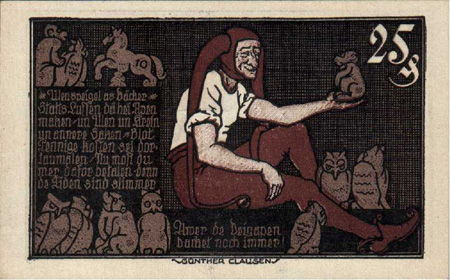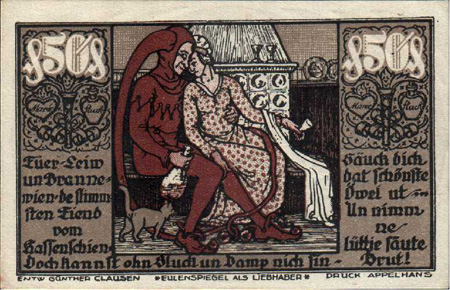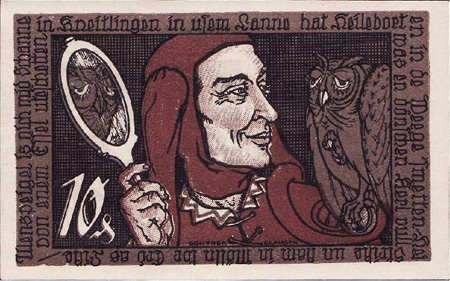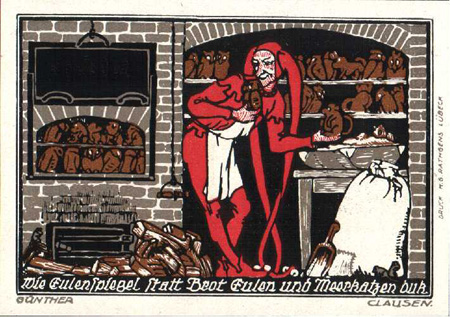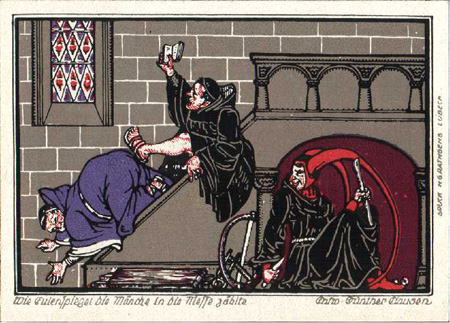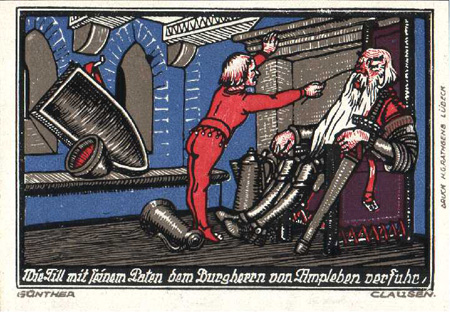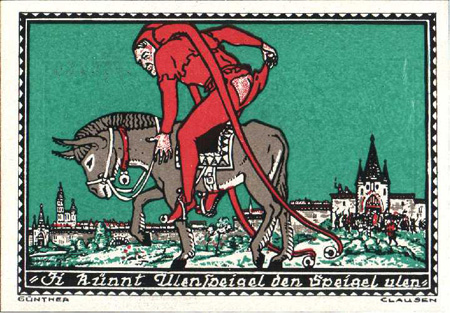Braunschweig History
Braunschweig has an unproven foundation date, but legend has it that it was a merger of two settlements. One founded by a saxon count Bruno II about 861 and the other founded by Count Dankward. Castle Dankwarderode, which still survives was named after him.
The names Bruno and Wik (a place where merchants rested and stored goods) were joined to form the town's original name of Brunswik.
In 1142 the Duke Henry the Lion became Duke of Saxony and made Braunschweig the capital of his state. The Duke developed the city further to represent his authority which included building the cathedral.
From the thirteenth to the middle of the seventeenth century Braunschweig was a member of the Hanseatic League. This League maintained a trade monopoly along the coast from the Baltic to the North Sea and was comprised of an alliance between trading cities and their guilds. It provided them with their protection, mutual aid and legal system.

